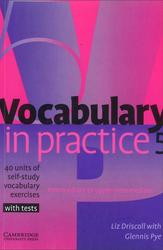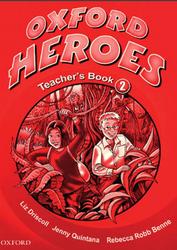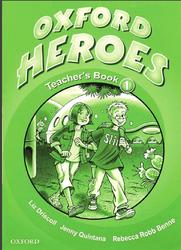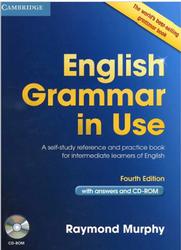Common mistakes at KET and how to avoid them, Driscoll L., 2007.
The book presents and practises the kind of vocabulary that is used in academic speech and writing regardless of which discipline you are concerned with. So it considers words and expressions like concept, cast doubt on, put forward a theory and come to a conclusion. It does not deal with the specialist vocabulary of any particular subject such as medicine or physics. Such specialist terms are often relatively easy to master - they will be explained and taught as you study the subject and these words may indeed sometimes be similar in English and your own language. However, it is the more general words used for discussing ideas and research and for talking and writing about academic work that you need to be fully familiar with in order to feel comfortable in an academic environment. Despite the fact that they are much more frequent than specialist words, these more general words are often felt to be more difficult to learn. It is, therefore, extremely useful to approach them in the systematic way suggested by this book.
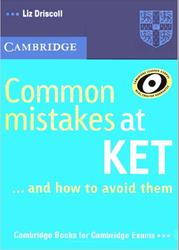
How do I use from, about and of?
1 Tick the correct sentence in each pair.
I a My dad's got a radio of the 1950s.
b My dad’s got a radio from the 1950s.
2 a I'm really happy about your news.
b I'm really happy of your news.
We use from to talk about:
• the place of origin: / really want a penfriend from another country.
• (he distance away: My flat is about fifteen minutes from the centre of town.
• the start of a period of time: I will be free from I pm to 6 pm.
• the time of origin: I have an old bicycle from the 1980s.
• the start of a journey: Take the number 10 bus from the bus station.
We use about in the following expressions:
• to he happy/glad/excited about (your visit, the weekend, your news, etc.)
• to read/talk/think/learn/know about (rhe job. computers, other countries, etc.)
• to tell someone about (some interesting places, your life, your trip, etc.).
Contents.
1 When do I use full stops and when do I use commas?.
2 When must I use I?.
3 When can I use an apostrophe before s (’s)?.
Test 1.
4 Do I need a in this sentence?.
5 A or the?.
6 Do I need the in this sentence?.
Test 2.
7 How do I talk about age?.
8 How do I say the time and the date?.
9 When do I add s to verbs?.
Test 3.
10 When do I add ed to verbs?.
11 I did or I have done?.
12 For and since.
Test 4.
13 When do I use I am doing?.
14 When do I use I wilt!.
15 How do I form questions?.
Test 5.
16 There and it/they.
17 Plural and uncountable nouns.
18 When do I use much and many?.
Test 6.
19 Like, would like and want.
20 Da or to do?.
21 When do I use doing after verbs?.
Test 7.
22 Other, others, another and each other.
23 One and ones.
24 Old, older, the oldest.
Test 8.
25 When do I use capital letters with people and places?.
26 How do I use at and in with places?.
27 How do I use by and in/on with means of transport?.
Test 9.
28 When do I use at, in and on with time expressions?.
29 How do I use from, about and of?.
30 Do I need for in this sentence?.
Test 10.
Answer key.
Бесплатно скачать электронную книгу в удобном формате, смотреть и читать:
Скачать книгу Common mistakes at KET and how to avoid them, Driscoll L., 2007 - fileskachat.com, быстрое и бесплатное скачивание.
Скачать pdf
Ниже можно купить эту книгу, если она есть в продаже, и похожие книги по лучшей цене со скидкой с доставкой по всей России.Купить книги
Скачать - pdf - Яндекс.Диск.
Дата публикации:
Теги: учебник по английскому языку :: английский язык :: Driscoll
Смотрите также учебники, книги и учебные материалы:
Следующие учебники и книги:
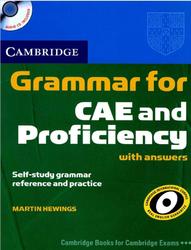 Grammar for CAE and Proficiency, With answers, Hewings M., 2009 — This book is for anyone preparing for the Cambridge Certificate in Advanced English (CAE) or Certificate of Proficiency in English … Книги по английскому языку
Grammar for CAE and Proficiency, With answers, Hewings M., 2009 — This book is for anyone preparing for the Cambridge Certificate in Advanced English (CAE) or Certificate of Proficiency in English … Книги по английскому языку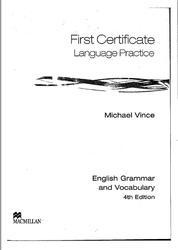 First Certificate Language Practice, Vince M., 2009 — This book is designed to revise and consolidate grammar points at the level of Cambridge ESOL First Certificate or Common … Книги по английскому языку
First Certificate Language Practice, Vince M., 2009 — This book is designed to revise and consolidate grammar points at the level of Cambridge ESOL First Certificate or Common … Книги по английскому языку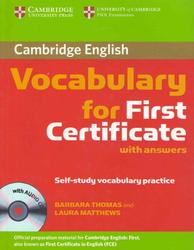 Vocabulary for First Certificate, With answers, Thomas B., Matthews L., 2008 — It introduces and practises the most relevant and useful vocabulary that you need to do well in the First Certificate … Книги по английскому языку
Vocabulary for First Certificate, With answers, Thomas B., Matthews L., 2008 — It introduces and practises the most relevant and useful vocabulary that you need to do well in the First Certificate … Книги по английскому языку Vocabulary for PET, With answers, Ireland S., Kosta J., 2008 — This book is for pre-intermediate level students working on their own who want to revise and learn vocabulary for the … Книги по английскому языку
Vocabulary for PET, With answers, Ireland S., Kosta J., 2008 — This book is for pre-intermediate level students working on their own who want to revise and learn vocabulary for the … Книги по английскому языку
Предыдущие статьи:
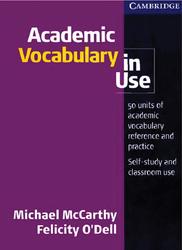 Academic Vocabulary in Use, McCarthy M., O Dell F., 2008 — The book presents and practises the kind of vocabulary that is used in academic speech and writing regardless of which … Книги по английскому языку
Academic Vocabulary in Use, McCarthy M., O Dell F., 2008 — The book presents and practises the kind of vocabulary that is used in academic speech and writing regardless of which … Книги по английскому языку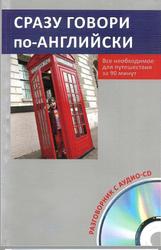 Сразу говори по-английски, Всё необходимое для путешествия за 90 мин, Разговорник, 2009 — Если хотите, чтобы изучение английского было интересным и эффективным этот аудиокурс для Вас. В ресторане или супермаркете, в гостинице или … Книги по английскому языку
Сразу говори по-английски, Всё необходимое для путешествия за 90 мин, Разговорник, 2009 — Если хотите, чтобы изучение английского было интересным и эффективным этот аудиокурс для Вас. В ресторане или супермаркете, в гостинице или … Книги по английскому языку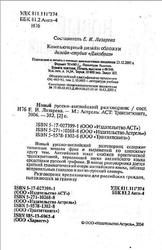 Новый русско-английский разговорник, Лазарева Е.И., 2006 — Новый русско-английский разговорник содержит типичные модели фраз и выражений по широкому кругу тем. Английский текст снабжен практической транскрипцией, передающей звуки … Книги по английскому языку
Новый русско-английский разговорник, Лазарева Е.И., 2006 — Новый русско-английский разговорник содержит типичные модели фраз и выражений по широкому кругу тем. Английский текст снабжен практической транскрипцией, передающей звуки … Книги по английскому языку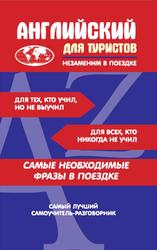 Английский для туристов, Голубева Л.А., 2012 — Этот самоучитель разговорник содержит разговорные фразы и полезные слова по актуальным темам. К большинству тем в рамке или непосредственно в … Книги по английскому языку
Английский для туристов, Голубева Л.А., 2012 — Этот самоучитель разговорник содержит разговорные фразы и полезные слова по актуальным темам. К большинству тем в рамке или непосредственно в … Книги по английскому языку

